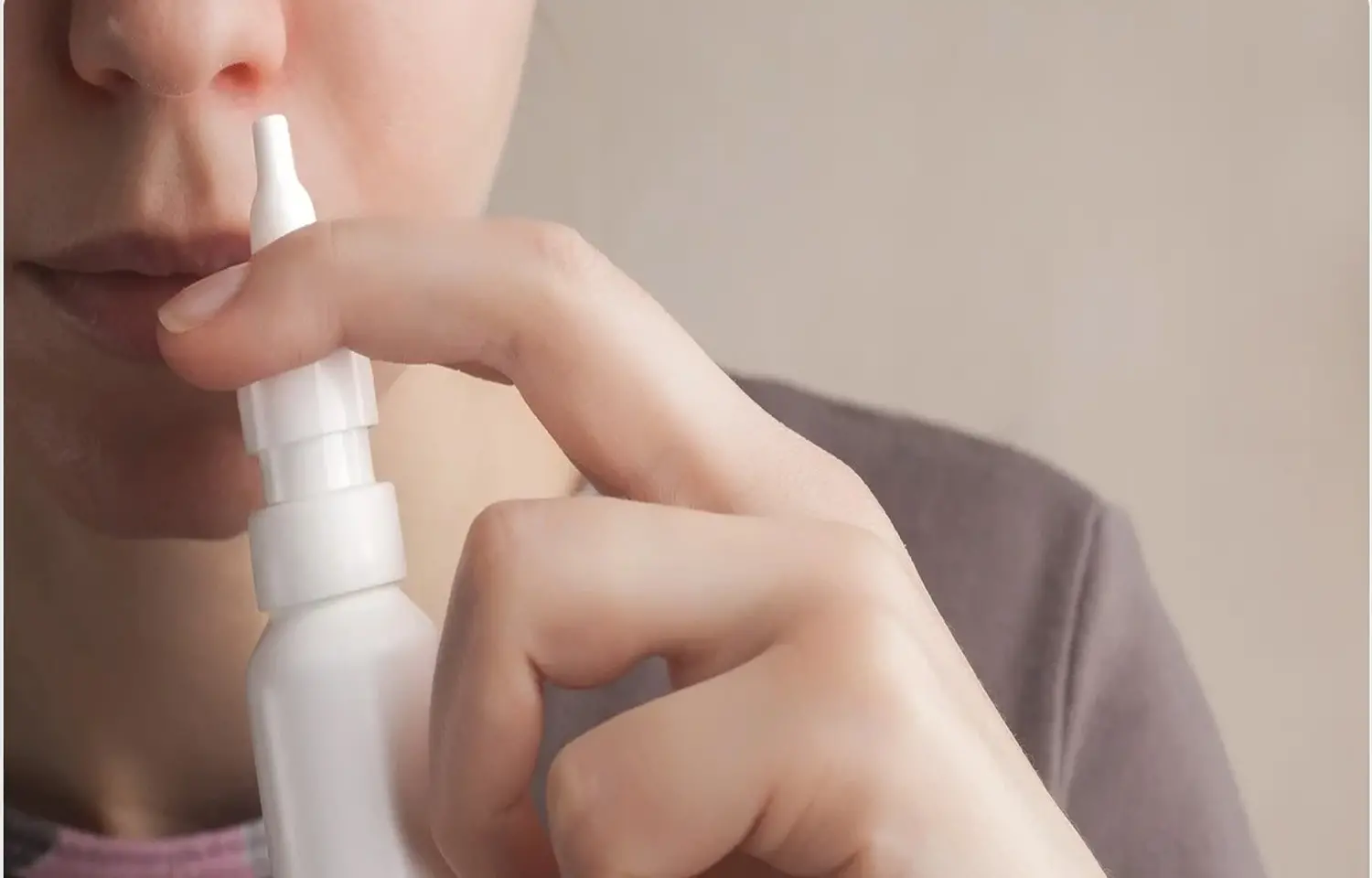- Home
- Medical news & Guidelines
- Anesthesiology
- Cardiology and CTVS
- Critical Care
- Dentistry
- Dermatology
- Diabetes and Endocrinology
- ENT
- Gastroenterology
- Medicine
- Nephrology
- Neurology
- Obstretics-Gynaecology
- Oncology
- Ophthalmology
- Orthopaedics
- Pediatrics-Neonatology
- Psychiatry
- Pulmonology
- Radiology
- Surgery
- Urology
- Laboratory Medicine
- Diet
- Nursing
- Paramedical
- Physiotherapy
- Health news
- Fact Check
- Bone Health Fact Check
- Brain Health Fact Check
- Cancer Related Fact Check
- Child Care Fact Check
- Dental and oral health fact check
- Diabetes and metabolic health fact check
- Diet and Nutrition Fact Check
- Eye and ENT Care Fact Check
- Fitness fact check
- Gut health fact check
- Heart health fact check
- Kidney health fact check
- Medical education fact check
- Men's health fact check
- Respiratory fact check
- Skin and hair care fact check
- Vaccine and Immunization fact check
- Women's health fact check
- AYUSH
- State News
- Andaman and Nicobar Islands
- Andhra Pradesh
- Arunachal Pradesh
- Assam
- Bihar
- Chandigarh
- Chattisgarh
- Dadra and Nagar Haveli
- Daman and Diu
- Delhi
- Goa
- Gujarat
- Haryana
- Himachal Pradesh
- Jammu & Kashmir
- Jharkhand
- Karnataka
- Kerala
- Ladakh
- Lakshadweep
- Madhya Pradesh
- Maharashtra
- Manipur
- Meghalaya
- Mizoram
- Nagaland
- Odisha
- Puducherry
- Punjab
- Rajasthan
- Sikkim
- Tamil Nadu
- Telangana
- Tripura
- Uttar Pradesh
- Uttrakhand
- West Bengal
- Medical Education
- Industry
AAP releases recommendations for short-term pediatric topical nasal oxymetazoline use

USA: The American Academy of Pediatrics (AAP) has released safety considerations for perioperative pediatric use of topical nasal decongestant oxymetazoline.
The recommendations are published in Pediatrics, the journal of the American Academy of Pediatrics (AAP).
The over-the-counter nasal decongestant oxymetazoline (eg, Afrin) is used in the pediatric population for a variety of conditions in the operating room setting. Given its vasoconstrictive properties, it can have cardiovascular adverse effects when systemically absorbed. There have been several reports of cardiac and respiratory complications related to the use of oxymetazoline in the pediatric population.
To date, there are limited objective pediatric data on the safety and specific dosing of topical oxymetazoline (eg, Afrin), and an excessive unmonitored volume of nasal use could lead to serious adverse effects in children.
Following are the recommendations for short-term pediatric topical nasal oxymetazoline use:
General considerations
- Because limited data exist, remind pediatricians, advanced practice providers, anesthesiologists, and surgeons of the limited available data for use of OTC oxymetazoline in patients <6 years of age. Although the current FDA approval is for patients ≥6 years of age, medical professionals do elect to use it off label in children <6 years of age for specific conditions in which the potential benefit may outweigh risk (eg, active bleeding, acute respiratory distress from nasal obstruction, acute complicated sinusitis, improved surgical visualization, nasal decongestion for scope examination, other conditions, etc). Providers should be aware of potential adverse cardiovascular effects of an unmonitored volume of administration, which may be most relevant in infants or young children and those with comorbid cardiac conditions.
- Because of the variable dosing risk, be aware that use of oxymetazoline in the supine position with the spray bottle inverted can result in a significantly higher dose (approximately 1 ± 0.5 mL administered per spray), as compared with the spray bottle in an upright position, which results in 30 µL (0.03 mL) per spray. When possible, to avoid excessive nasal dose administration, use the spray bottle in an upright position with child also upright.
Surgeon, Anesthesiologist, and operating room personnel: Surgical considerations
- Avoid administration of an unmonitored medication volume. During a surgical procedure, implement a reliable process to keep track of the total volume of medication that is administered.
- Effective communication between the surgeon and anesthesiologist should occur with the intraoperative use of these medications. Routine monitoring of heart rate, BP, and respiration through the intraoperative and postoperative periods is essential. If a second medication bottle needs to be opened for use during a case, ensure that the anesthesiologist is aware.
- Remove excess medication from the pharynx. Both during and at the end of the procedure, suction excess medication that has pooled in the nasopharynx and oropharynx to avoid additional potential mucosal absorption.
Future perspectives
- Encourage the initiation of additional pharmacokinetic trials of topical nasal oxymetazoline in the pediatric patient population, including for both surgical and nonsurgical use. In young children, consider evaluation of the hemostatic efficacy of a half-strength concentration of the agent compared with the full-strength concentration.
Reference:
"Topical Nasal Decongestant Oxymetazoline: Safety Considerations for Perioperative Pediatric Use," is published in Pediatrics, the journal of the American Academy of Pediatrics (AAP).
DOI: https://pediatrics.aappublications.org/content/early/2021/10/01/peds.2021-054271
Dr Kamal Kant Kohli-MBBS, DTCD- a chest specialist with more than 30 years of practice and a flair for writing clinical articles, Dr Kamal Kant Kohli joined Medical Dialogues as a Chief Editor of Medical News. Besides writing articles, as an editor, he proofreads and verifies all the medical content published on Medical Dialogues including those coming from journals, studies,medical conferences,guidelines etc. Email: drkohli@medicaldialogues.in. Contact no. 011-43720751


